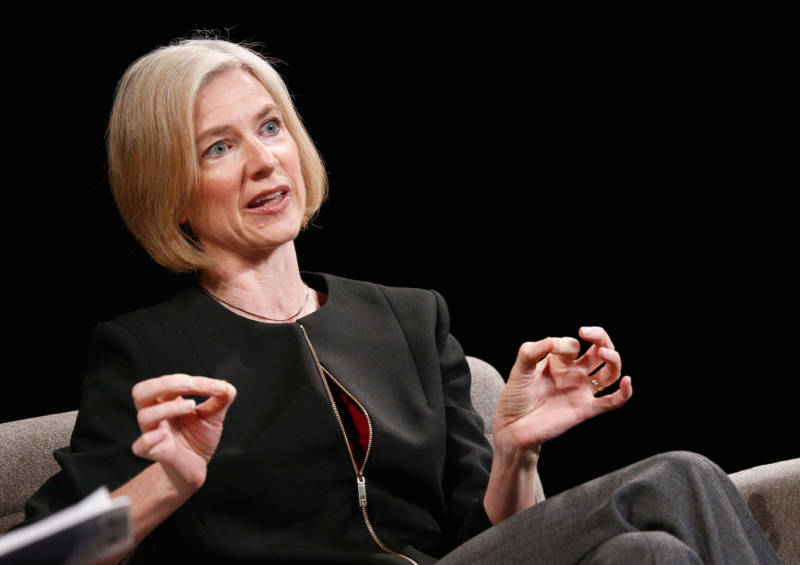A team of academic and industry researchers led by Jennifer Doudna, the researcher best known for her role in the discovery of the gene editing technology called CRISPR, has turned a 2,500-square-foot scientific laboratory into a facility for running medical tests to detect the novel coronavirus that causes COVID-19.
The laboratory, which plans to serve hospitals in the San Francisco Bay Area, says it will be able to process more than 1,000 patient samples a day with a 24-hour turnaround, Doudna announced Monday. The lab will ramp up to processing 3,000 samples a day if necessary.
“This is a big, big issue here in the U.S.,” said Doudna. “We need to ramp up testing very fast. It’s been problematic for various reasons. And so we are building and implementing a clinical testing laboratory on the UC Berkeley campus to do exactly that.”
The effort is one more sign of the desperation in major metropolitan areas to ramp up testing for the coronavirus, called SARS-CoV-2. Two weeks ago, the U.S. had only processed 42,000 tests over the course of the coronavirus pandemic, according to the Covid Tracking Project, a volunteer effort. As of this week, the total number of test results returned has risen to nearly 900,000.
Doudna’s effort isn’t the first in academia. The Broad Institute in Cambridge, Mass., began processing test results last week, and said it would be able to process 2,000 tests a day with a 12-hour turnaround.

